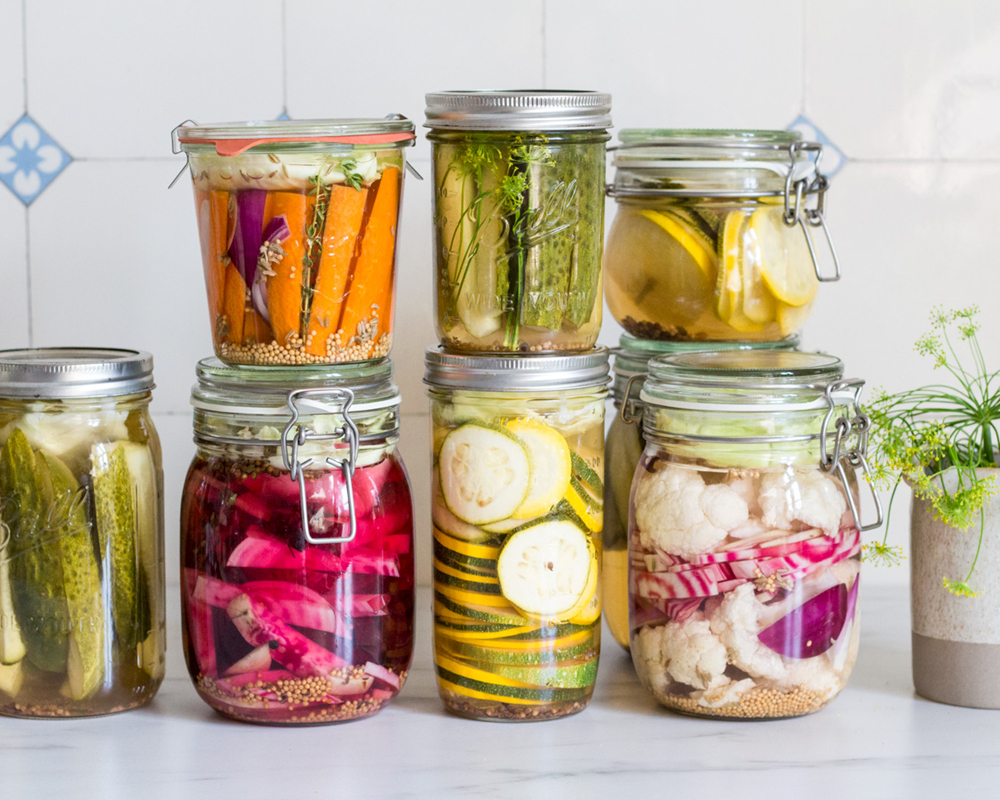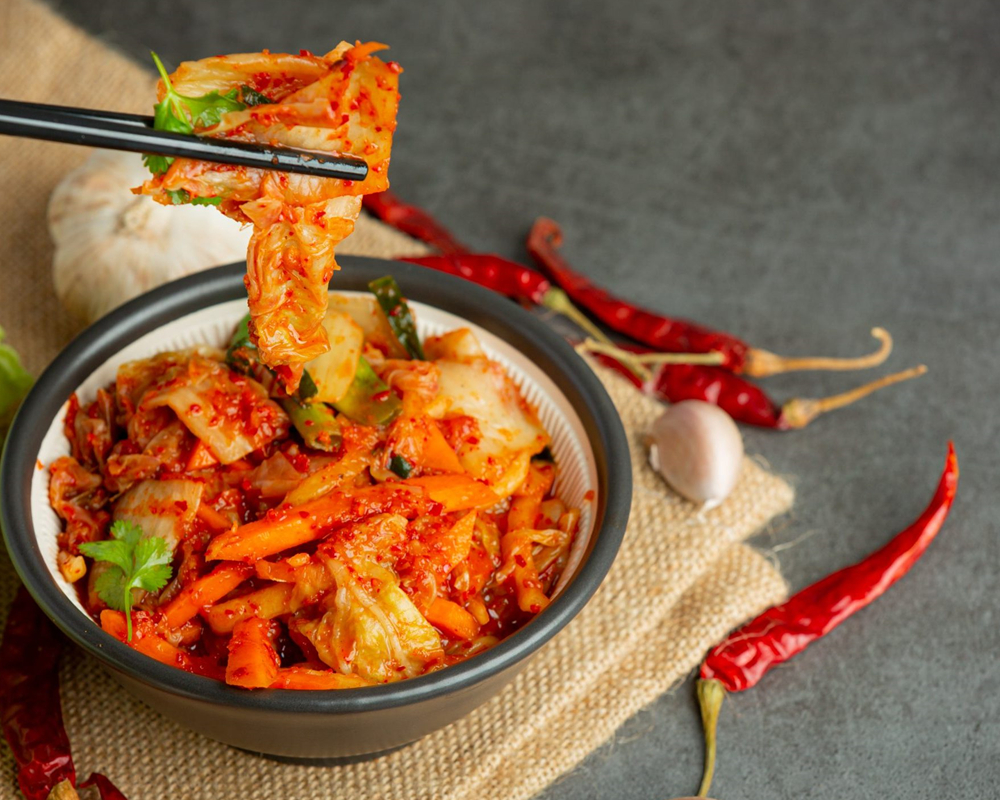At its core, fermentation is a metabolic process where microorganisms like bacteria, yeast, and molds convert sugars and starches into acids, gases, or alcohol. This transformation occurs in various foods, resulting in diverse textures and tastes. Think of the delightful tang of yogurt, the rich umami of miso, or the effervescence of sourdough bread. Each product tells a story of its environment and the cultures that embraced it.
One of the most compelling aspects of fermentation is its role in preservation. Before refrigeration, people relied on fermentation to extend the shelf life of foods. The acids produced during fermentation create an inhospitable environment for harmful bacteria, allowing food to be stored safely for longer periods. This not only reduced waste but also ensured a steady supply of nutritious options during harsher seasons. Today, as we face increasing concerns about food sustainability, the revival of fermentation techniques offers a practical solution to minimizing waste.
Beyond preservation, fermentation is celebrated for its health benefits. Fermented foods are rich in probiotics—beneficial bacteria that support gut health and boost the immune system. Consuming foods like kimchi, kefir, and pickles can enhance digestion and contribute to overall well-being. In a world where many struggle with digestive issues, incorporating fermented foods into our diets can be a delicious and natural remedy.

The art of fermentation also fosters creativity in the kitchen. Home cooks and chefs alike are experimenting with fermentation to create unique flavors and textures. From crafting homemade pickles to brewing small-batch beer, the possibilities are endless. This creative exploration encourages a deeper connection to the ingredients we use and a greater appreciation for the culinary process.
Moreover, fermentation brings people together. Whether it’s a community workshop on making sauerkraut or a gathering to taste various fermented beverages, these experiences foster connection and knowledge sharing. As we learn from one another, we celebrate the rich tapestry of culinary traditions that fermentation encompasses.
In conclusion, fermentation is a powerful and transformative process that enhances our food, health, and community. It invites us to explore flavors, embrace sustainability, and engage with our culinary heritage. As we rediscover the magic of fermentation, we open the door to a world of delicious possibilities, reminding us that sometimes, the simplest ingredients can lead to the most extraordinary results. So, let’s raise a glass of kombucha or savor a bite of kimchi and celebrate the wonders of fermentation together.
